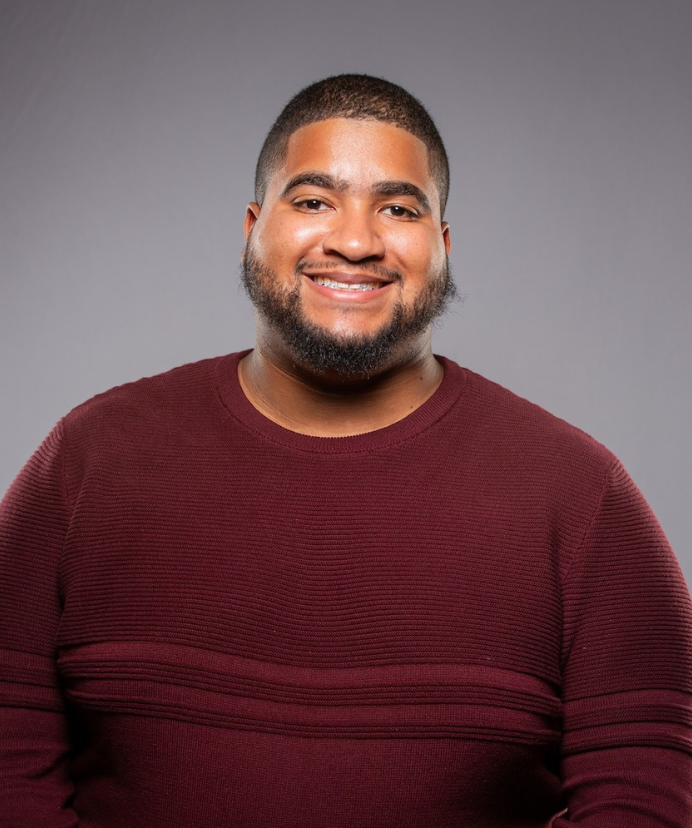The Sexual Health of U.S. Youth Is Under Attack
Youth voices are needed now more than ever to improve the sexual health of teens across the United States.

Read Time: 5 minutes
Published:
The sexual health of youth in the United States is under attack. Teens struggle to access necessary health care services. Their confidentiality protections are inconsistent. And the state of sex education across the country is abysmal. All these factors contribute to a rising tide of sexually transmitted infections (STIs) among youth – a clear sign that our laws, education, and culture surrounding sexual health needs to change.
STIs are an important way to measure sexual health. Numbers of cases can be used to gauge the impact of public health policies and practices. In 2021, more than half (51%) of 2.5 million reported cases of chlamydia, gonorrhea, and syphilis were diagnosed among 15 to 24 year olds. As teens, we are frustrated and terrified by this statistic.
We are five members of a youth advisory board that collaborates with the iCARE (Inclusive Consent & Access to Resources for Everyone) study, a research project funded by the National Institutes of Health, about adolescent sexual health in the U.S. This study examines how laws that allow teens to access sexual health services (such as STI and HIV testing) without needing their parents’ permission impact teens use of those services. iCARE also assesses changes in sex education laws over time and asks teens about our experiences with school-based sex education. Our belief is that this research is critical to solving the youth sexual health crisis.
We are the future faces of health care, education, politics, and research.
As youth advisory board members, we have been collaborating on this study for over four years. We live across the U.S., from Hawaii to Massachusetts, and were 14 to 17 years old when we joined the board. Our diverse racial, ethnic, sexual, and gender identities reflect some of the groups most impacted by STIs in the U.S.
We are involved in every aspect of iCARE, from naming the study to determining recruitment strategies, developing survey questions, and interpreting study results. The iCARE study has been able to reach teens from across the country because of our work to make it engaging and accessible to youth like us. Our insights have ensured that the study collects relevant, timely information from 5,888 teens from all 50 states and Washington, DC. This data will be used to improve public policy and fuel the fight for quality, accessible sexual health care and education for teens.
Collaborating on the iCARE study and interpreting its results has helped us realize just how important youth voices are in understanding and addressing the sexual health needs of teens. We have a great depth of cultural knowledge, life experience, and community understanding that have made our voices integral to the success of this research.
Our hope is that the results of this study will inform policy changes to increase confidentiality protections for teens accessing sexual health care services. Such changes will directly impact the health and well-being of our peers and generations to come. Because of this, youth like us must have a say in the process of research and policymaking about adolescent sexual health. We are the future faces of health care, education, politics, and research.
We know that our voices must be heard not despite of our age but because of it.
Mobilizing youth action can lead to meaningful change. As a result of working on the youth advisory board, we have become more comfortable talking about sex and our own experiences with sexual health. This has allowed us to spread our knowledge to peers through open-minded and informed conversations, which we’ve noticed has led our friends to make safer choices in their sexual relationships. Communicating about sex in this way also combats stigma, especially for those of us who grew up in communities where sex is a taboo subject. Sexual health is a topic that should be openly discussed, and it is essential for youth to be involved in these conversations.
Being involved in research has also been deeply empowering. We’ve realized just how much confidence we’ve gained through educating ourselves about STIs and other important sexual health topics. We are now equipped with knowledge and communication skills to make informed decisions for our health and well-being. We now know how to take a stand in the world of academia and shape research to be more inclusive. This experience inspires us to use our voices to advocate for our communities. We know that our voices must be heard not despite of our age but because of it.
Youth like us should be included as equal collaborators in research or other work related to sexual health. We bring in-depth understanding and lived and experience, which can help ensure the success of research and interventions geared towards increasing teen safety, comfort, and overall sexual health. This firsthand information is critically important for creating innovative solutions to issues directly affecting youth. Our voices are needed now more than ever to improve the sexual health of teens in the U.S.







